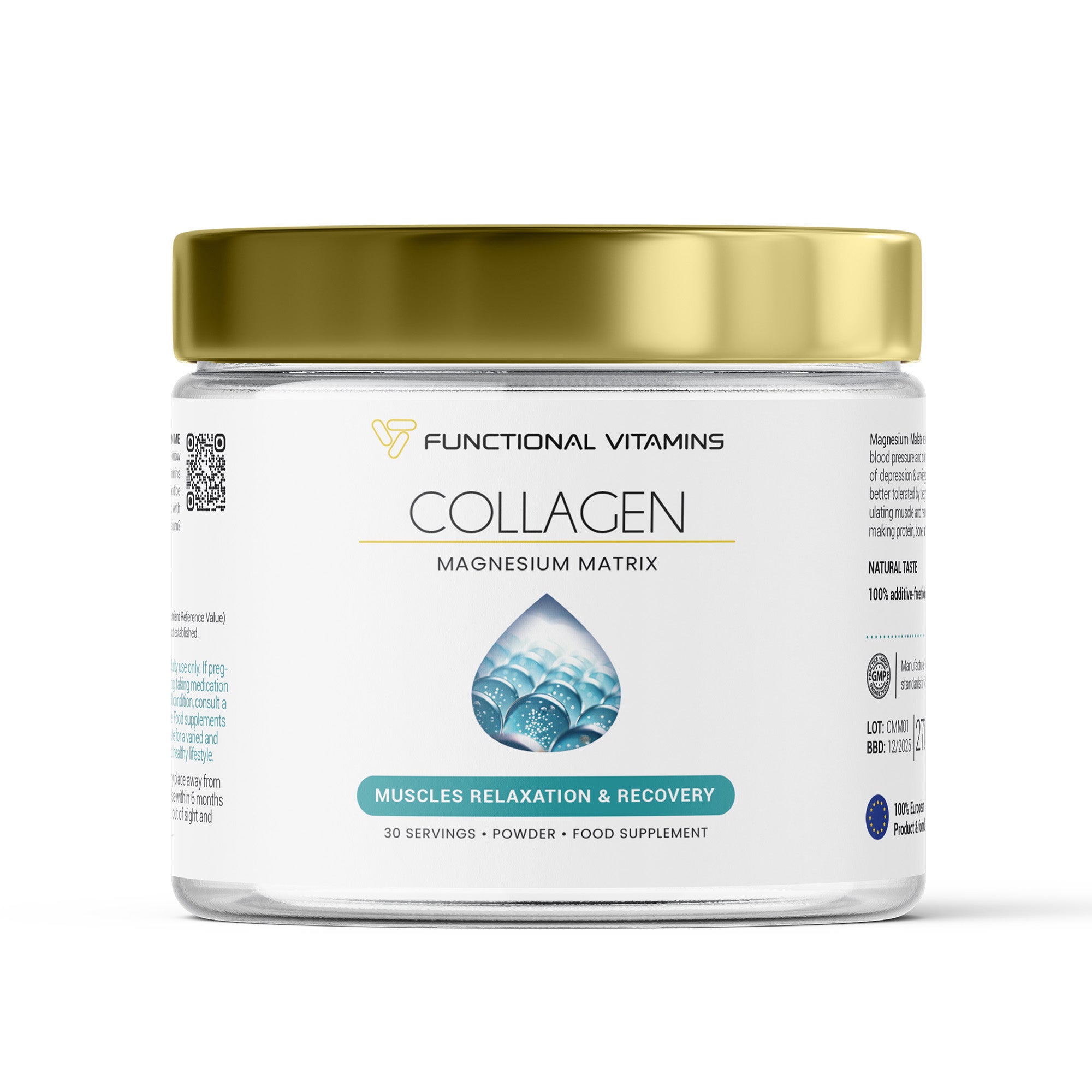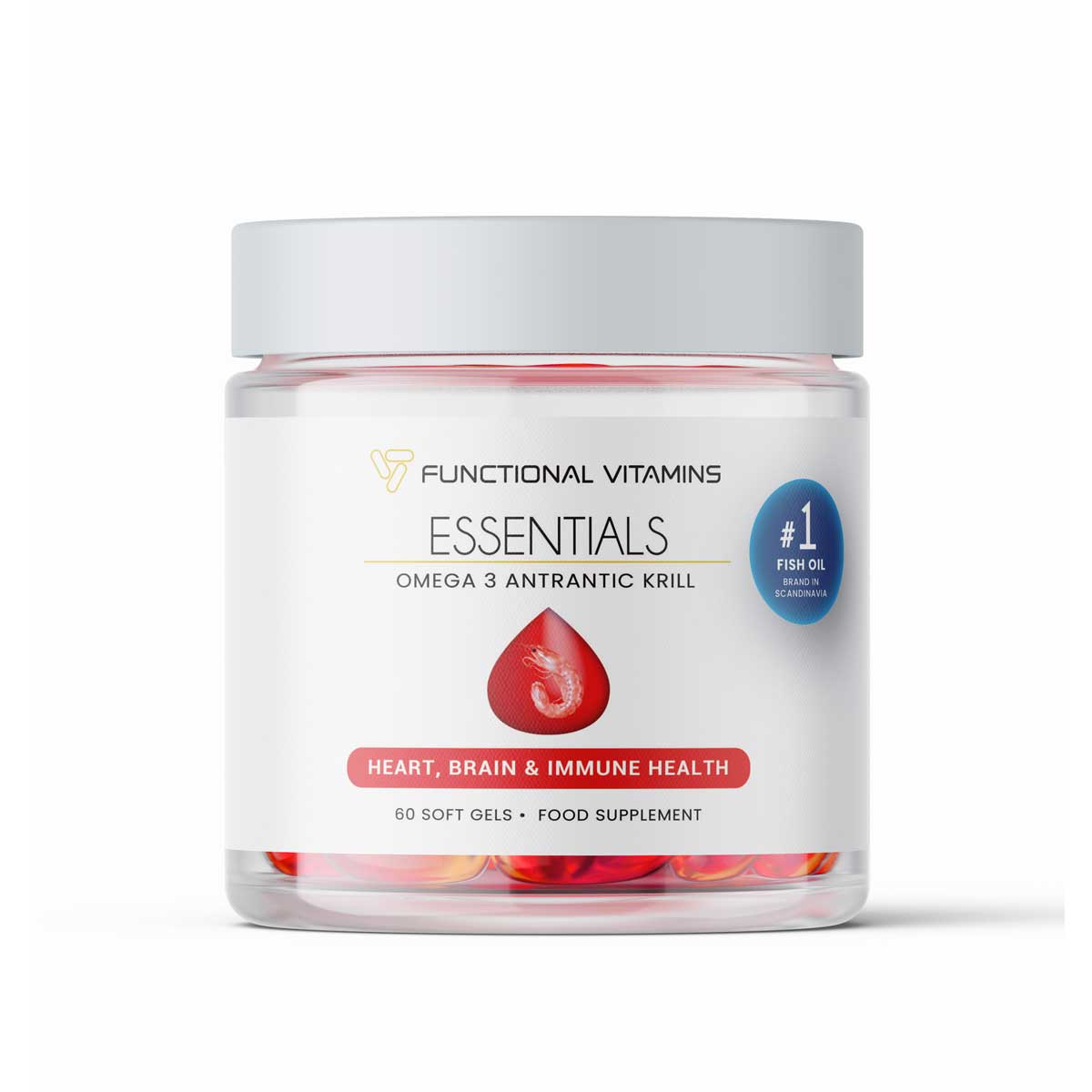Do you regularly hit the gym or engage in intense physical activities? If so, you've likely heard the term "electrolytes" tossed around when discussing hydration and post-workout recovery. These essential minerals do more than just quench your thirst; they play an indispensable role in ensuring that your muscles, nerves, and cells function optimally. Whether you're an athlete pushing your limits or simply someone who wants to maintain peak energy levels, electrolytes are essential.
In this article, we’ll dive into what electrolytes are, their effects on the body, how to recognize a deficiency, and why replenishing them is critical for anyone leading an active lifestyle.
Table of Contents:
- What Are Electrolytes?
- What Are the Effects of Electrolytes?
- How to Recognize an Electrolyte Deficiency
- How to Maintain Optimal Electrolyte Balance
- Conclusion
1. What Are Electrolytes?
Electrolytes are charged minerals in your body that conduct electrical impulses. When dissolved in bodily fluids like blood, these minerals help maintain fluid balance, support nerve communication, regulate muscle contractions, and ensure proper cellular function. Electrolytes are crucial for the proper functioning of cells, organs, and systems within the body.
Key electrolytes include:
- Sodium (Na⁺): Often known as the primary regulator of water balance in the body, sodium also plays a critical role in muscle and nerve function.
- Potassium (K⁺): Essential for normal cell function, potassium helps control the balance of fluids inside and outside cells and supports proper heart function.
- Calcium (Ca²⁺): While calcium is primarily associated with bone health, it also supports muscle function and aids in energy metabolism.
- Magnesium (Mg²⁺): Magnesium is crucial for over 300 enzymatic processes, including protein synthesis, muscle and nerve function, and blood glucose control.
- Chloride (Cl⁻): Working alongside sodium, chloride helps regulate the flow of substances between cells and supports proper digestion.
- Phosphorus (P): This electrolyte contributes to energy production and is a key component in cell membranes.
Why Are Electrolytes Important?
These minerals create an electrical balance across cell membranes, which is vital for muscle contractions, nerve impulses, and water balance. Without a balanced electrolyte level, your cells cannot perform properly, which can lead to muscle weakness, cramps, dehydration, and overall fatigue.
2. What Are the Effects of Electrolytes?
Electrolytes are vital to many bodily functions. Some of the key roles they play include:
- Regulating Water Balance: Electrolytes, particularly sodium and potassium, help maintain the right amount of fluid in your cells. Without sufficient electrolytes, your cells could swell or shrink, leading to severe complications.
- Supporting Nerve and Muscle Function: Electrolytes like sodium, potassium, and calcium are crucial for transmitting electrical impulses between nerves and muscles, allowing for proper muscle contractions and communication between different parts of the body.
- Maintaining Acid-Base Balance: Electrolytes regulate the pH levels in your blood, ensuring that the body remains in homeostasis. This is essential for metabolic processes, including protein formation and digestion.
- Energy Production: Electrolytes, particularly magnesium and phosphorus, are involved in breaking down food to release energy. Adequate levels ensure that your body can efficiently produce energy for all its processes.
3. How to Recognize an Electrolyte Deficiency
Electrolyte imbalances can occur due to intense physical activity, illness, dehydration, or poor diet. Here are some signs that may indicate an electrolyte deficiency:
- Muscle Cramps and Weakness: A drop in sodium, potassium, or calcium can cause painful muscle cramps, spasms, or weakness.
- Fatigue and Low Energy: Low magnesium or potassium levels can result in chronic fatigue, affecting your physical performance.
- Irregular Heartbeat: Electrolytes, particularly potassium and magnesium, regulate heart rhythm. Deficiency can lead to arrhythmias or heart palpitations.
- Digestive Issues: Nausea, constipation, or diarrhea can all signal an electrolyte imbalance.
- Headaches and Confusion: A severe electrolyte imbalance, especially in sodium, can cause cognitive issues like confusion, headaches, and dizziness.
If you’re sweating profusely after exercise or experiencing symptoms of dehydration, chances are you’re losing significant amounts of electrolytes, which need replenishment.
4. How to Maintain Optimal Electrolyte Balance
Maintaining the right balance of electrolytes in your body is essential, especially for those who lead an active lifestyle. Here’s how you can ensure that your body gets the electrolytes it needs:
-
Stay Hydrated: Drinking enough water is critical to maintaining electrolyte balance. However, plain water may not be sufficient after intense workouts. Consider adding electrolyte supplements or consuming drinks rich in electrolytes, like coconut water, or specialized sports drinks.
-
Eat a Balanced Diet: Foods rich in electrolytes can help replenish your body naturally. Incorporate the following into your meals:
- Bananas (rich in potassium)
- Leafy greens (magnesium and calcium)
- Nuts and seeds (magnesium)
- Dairy products (calcium and phosphorus)
- Citrus fruits (electrolytes like potassium and magnesium)
-
Supplements: For those who engage in intense physical activities or have health conditions that deplete electrolytes quickly, supplements might be necessary. Electrolyte powders and tablets can help ensure you get the minerals you need after heavy sweating.
-
Limit Alcohol: Alcohol is a diuretic, which can lead to dehydration and a loss of electrolytes. Minimize alcohol intake to help maintain a healthy electrolyte balance.
-
Listen to Your Body: Pay attention to signs of electrolyte imbalance, like cramping, fatigue, or dizziness. Address these symptoms early by consuming electrolyte-rich foods or drinks.
5. Conclusion
Electrolytes are the unsung heroes that keep our bodies running smoothly. They ensure that your muscles fire correctly, your heart beats regularly, and your cells stay hydrated and energized. Whether you’re a fitness enthusiast or just someone looking to maintain better health, understanding electrolytes and ensuring a balanced intake is key to overall well-being.
So, next time you hit the gym or sweat it out under the sun, remember to replenish those all-important electrolytes to keep your performance at its peak. You’ll not only improve your endurance but also feel more energized and mentally sharp.












Leave a comment
This site is protected by hCaptcha and the hCaptcha Privacy Policy and Terms of Service apply.